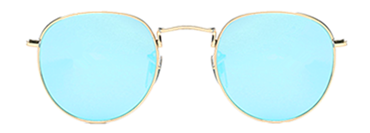How does blue light affect your sleep? 7 solutions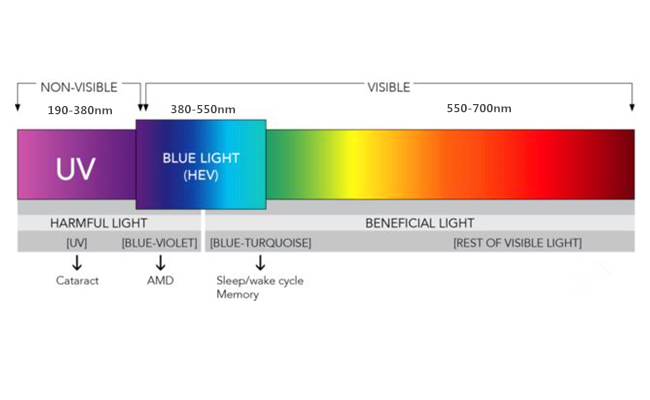 Light has a profound effect on our sleep
Light has a profound effect on our sleep
Humans are diurnal, which means we evolved to sleep at night.
Light exposure can have profound effects on sleep even circadian rhythm disorders.
When the body’s internal biological comes out of synch with the external environment, it can develop into a circadian rhythm sleep disorder.
The disorder may result from a temporary condition (such as jet lag),
a job (as with shift work sleep disorder),
long time exposure to blue light before sleep or
a biological condition such as blindness (which corresponds with free running circadian disorder).
People with circadian rhythm disorders experience insomnia, excessive daytime sleepiness,
and unusual sleep patterns that interfere with their life and relationships, and their cognitive performance.
Co-morbid conditions include depression and hyperactivity.
When the environment transitions from darkness to light, our brains tend to wake, whether we have had our regular sleep or not.
It is harder to sleep in bright light than dim light. 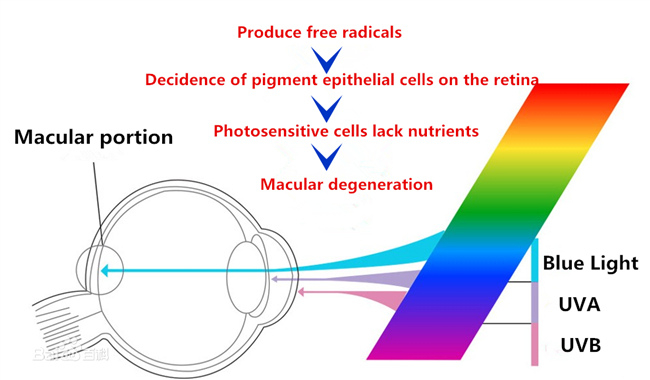
Lying in bed to play with the phone, due to the blue radiation on the screen, the brain will mistake it for the day.
The latest research shows that the harm of blue light may not only be insomnia
Here you are given seven kits for your health. Is there a new iPhone to buy?
But don't grab the last chance to play the phone before going to bed.
Research has shown that the "artificial blue light" radiated from the screen of the mobile phone may
1) cause circadian rhythm disorders;
2) damage your eyesight (not myopia) or
3) even increase the Incidence rate of three kinds of cancer.
This is not an alarmist, let's take a look at the recent research.
"Blu-ray" is a beam of light near the wavelength of violet light in the visible spectrum.
Blue light is a short-wave high-energy light having a wavelength between auto nm and 480 nm.
Normally, blue light enters the retina, which sends a signal to suppress the secretion of melatonin in the body, keeping you awake during the day.
This is part of the sleep adjustment function of hormone to our body.
The blue light in this wavelength will increase the amount of toxin in the macular area of the eye, which seriously threatens the health of our fundus.
As early as 2001, neuroscience research has shown that long-term "blue light" exposure at night can inhibit melatonin secretion, which may lead to insomnia.
The latest research on "Blu-ray" shows that insomnia is only the beginning.
The American Macular Degeneration Foundation (AMDF) suggests that direct exposure to "blue light" can lead to accelerated aging of the retina and harm to vision.
More studies have shown that the reduction of melatonin secretion may be related to the incidence of three cancers such as breast cancer.
Actually, only the blue light that is very close to the retina causes the damage of vision.
This is very different from the scenes in our daily life using LCD (liquid crystal) or LED displays.
Moreover, the causal relationship between melatonin reduction and breast cancer has not yet been proven.
However, “Prevention is better than cure”
The popularity of electronic screens and LED artificial light is only a short period of ten years.
The artificial light created by those electronic screens may cause delayed sleep phase syndrome.
The long-term impact conclusions will come later.
We do not want regret when it is too later.
In fact, it is not difficult to prevent possible negative effect of "Blu-ray" on the night.
Ultimate seven 7 solutions
1. Only warm lights in the bedroom at home
It is best to have a reddish light, and the red light hardly affects the secretion of melatonin at night.
2. If you have to work with a computer, install F.lux
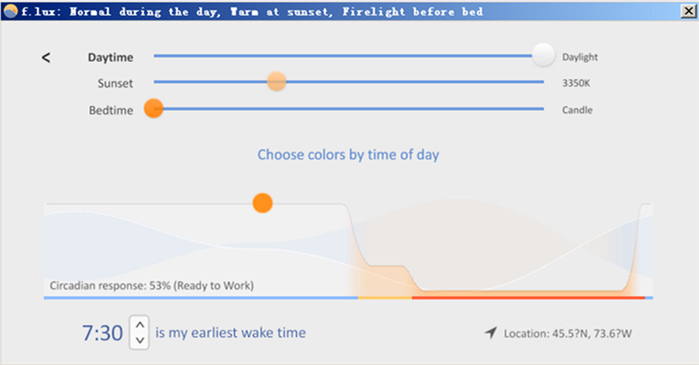
When the night is over, the computer screen will automatically turn into red and orange warm light.
The effect will be as if the screen is coated with a very artificial light Fanta color, and it will return to the normal screen color after 9:00 in the morning.
F.lux This software adjusts the screen tones according to your time zone.
It does not require special operation after installation, it will automatically adjust for your local time.
Sometimes, for the photo editing class, the Fanta color screen color cast can be a problem.
However, you can temporarily turn off F.lux into the photo editing mode, and it will automatically run again after one hour.
Although F.lux does not reduce the amount of “Blu-ray”
American Medical Association (AMA) recommended in 2012 that it can be used to reduce sleep disturbances during nighttime computer use.
Currently, Flux is free to download on both Mac and PC.
If you want to use F.lux on your iPhone and iPad, you need to jailbreak.
3. Film-coated lens block 25-35% blue light
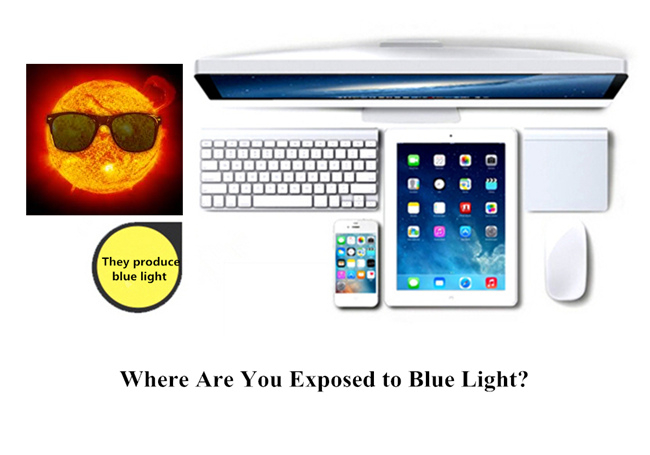
Optical shop now also has anti-blue lens options, it is not common purple crystal film, gold film, blue film, green film, yellow green film, etc.
These films almost do not have any effect on blue light filtering.
The real anti-blue glasses lenses are pale yellow.
It is possible to filter the blue light.
In order to verify the filter function of lenses, a professional need a spectrometer to detect the filtering ability of the lens for each band of light.
4. Screen film is more economical
In order to achieve the same effect, you can also choose to add a screen film to your device。
However,there are many kinds of film products circulating in the market, and it is necessary to distinguish which one works.
5. Amber sports sunglasses, the most effective anti-blue light method before going to bed
Bringing amber anti-sunlight sports glasses has proven to be the most effective way to shield blue light, shielding almost all blue light and give you a feeling of dusk.
6. Taking melatonin?
The harm of blue light to sleep is caused by inhibition of melatonin secretion.
Therefore, oral administration has been used to adjust to jet lag and to treat insomnia melatonin. In most cases, low-dose short-term and long-term use is considered safe.
As mentioned on Webmd.com, the dosage of melatonin in adults ranges from 0.2 mg to 20 mg each time.
Although it is an over-the-counter medicine that can be purchased by a pharmacy, you should consult a doctor before taking it.
